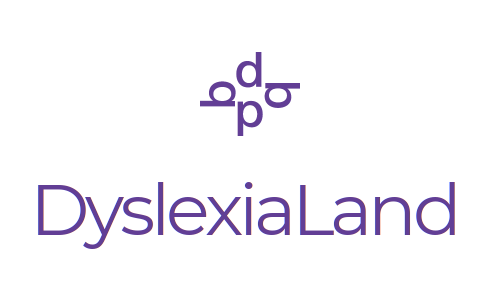No More Rabbit Holes

Parents are no dumb bunnies, but too often we get led down the rabbit holes of educational bureaucracy. Photo by Andy Brunner/unsplash
Rabbit hole: Used to refer to a bizarre, confusing, or nonsensical situation or environment, typically one from which it is difficult to extricate oneself.
~Oxford Living Dictionary
Let’s call it what it is: In our effort to do our best for our dyslexic children, we parents are often led down paths we never imagined, into what is best-termed a rabbit hole.
How many of us have been lulled into turning our lives upside-down, trying to conform with the requirements of a bureaucratic education wasteland that seems more determined to preserve its own status quo than to serve the needs of a child?
We agree to extended timelines, wait-and-see proposals; against our better judgment we allow our dyslexic children to be taught by untrained teachers and subjected to time-wasting experiments with programs that are not even designed to meet their needs. We grapple with acronyms, legal-ese, evasive conversations and vague reassurances that if we just trust and follow along everything will be fine.
We pay our taxes to a public school system that should be more responsive, one that should never refer to us as “those parents,” just for expecting educators to educate our children.
We experience the anguish of knowing our children are not getting the education they deserve, and hope against hope that somehow, maybe the next meeting, the next agreement, the next teacher, the next school year, the next, pieced-together plan will finally work. And school will finally work for our dyslexic children.
These rabbit holes take up our time, and more importantly, the precious time of our children, who don’t have time to waste.
These rabbit holes take up our energy, sap our spirit, destroy our confidence—and that of our children.
Instead of racing down these rabbit holes in search of answers, let’s come to a screeching halt, and realize our own strength, ability and creativity in addressing some very specific and un-mysterious issues associated with dyslexia.
It’s pretty simple, really; our dyslexic children need:
1) early identification and apppropriate instruction;
2) educators who are knowledgeable and experienced in teaching students with dyslexia;
3) evidence-based structured literacy approaches to reading that are direct, explicit and multi-sensory,
4) recognition of significant dyslexic strengths and accommodations in the classroom that support them;
5) access to assistive technology that will help them access printed materials, note-taking, writing and organizational tasks, etc.
6) timely and appropriate remedition when necessary, without shaming or humiliation, at whatever grade level;
7) deep understanding that educating each and every dyslexic child requires thinking outside the box, developing innovative approaches to education and a comprehensive approach that extends far beyond reading.
We’re not dumb bunnies: Implementing for those straightforward approaches is where our focus needs to be—and you won’t find them down any dark and narrow rabbit holes, but in educating yourself, advocating for your child, and working to change the public school system when it just doesn’t work for the 1 in 5 who are dyslexic.
____________________________________________________________________________________________________
Cheri Rae is the author of DyslexiaLand: A Field Guide for Parents of Dyslexic Children. Available at www.DyslexiaLand.com, and on Amazon at https://www.amazon.com/DyslexiaLand-Field-Parents-Children-Dyslexia/dp/0934161755


